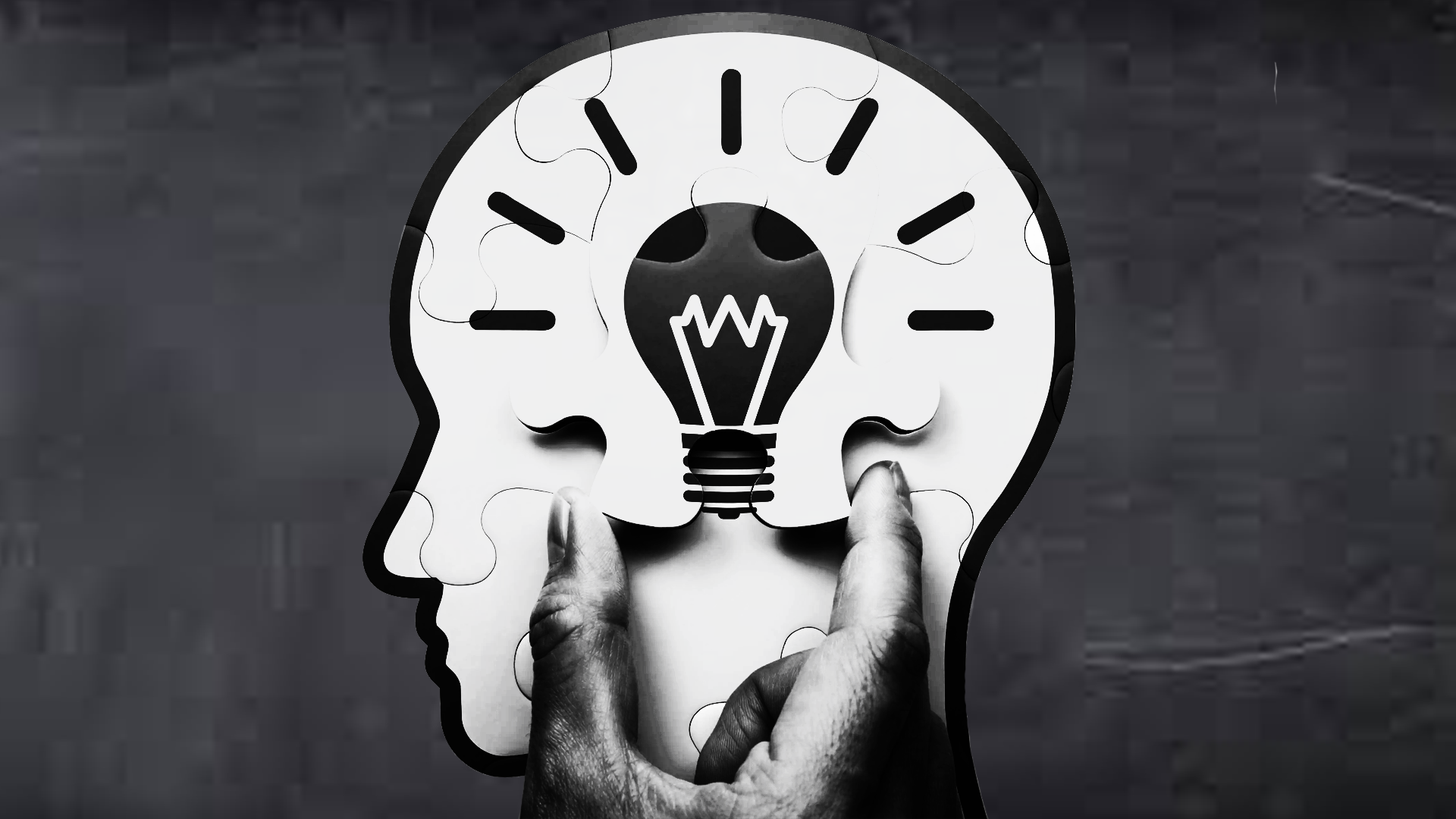What Is Logic and Critical Thinking? Learning to Think for Yourself

Logic and critical thinking help you figure things out, make good choices, and know what’s true or not.
The Dive
Have you ever stopped to ask yourself, 'Does this really make sense?' That’s called critical thinking, and it means using your brain to figure things out instead of just going along with what someone else says. It helps you look at information carefully, ask questions, and make smart choices.
Logic is another part of smart thinking. Logic is when you look at facts and try to figure out what is true, what is false, and what makes the most sense. You use logic when you choose what to wear based on the weather or when you decide how to solve a math problem. It’s like being a detective—gathering clues and thinking clearly about what they mean.
Critical thinking and logic work together like a team. Let’s say someone tells you, 'This video game is the best game ever!' A critical thinker wouldn’t just believe it right away. You’d ask, 'Why do you think that? What other games have you played?' That’s using logic to think things through and not just jumping to conclusions.
Sometimes, people try to trick us with only part of the truth or try to make us feel a certain way so we won’t think too hard. But when we stop and ask questions like, 'Where did this information come from?' or 'What else do I need to know before I decide?' we’re using critical thinking to protect ourselves from being fooled.
You also use logic when you make big decisions. Imagine your family is thinking about moving to a new city for a better job. At first, it might sound exciting! But with logic, you’d ask, 'Is the new city safe? What’s the cost of living? Will I like my new school?' These are smart questions that help you think clearly before making a big choice.
Critical thinking goes even deeper. You might ask, 'How does this move make me feel? Will I be sad to leave my friends? Is this job really better, or just different?' These kinds of questions help you see the whole picture, not just the facts, but your feelings, values, and what matters most to you.
The more you practice asking questions and thinking things through, the better you get at making smart decisions. It’s like building a muscle in your brain. The more you use it, the stronger it gets!
In the end, critical thinking and logic help you think for yourself. Instead of just following the crowd, you learn to trust your own thinking. You learn how to ask questions, check the facts, and make decisions that match who you are and what you believe. That’s what makes you a powerful thinker, and a leader in your own life.
Why It Matters
The world is full of information and not all of it is true. Logic and critical thinking help you spot the difference. They give you the tools to make good choices, ask great questions, and feel confident in your decisions. When you practice thinking for yourself, you become someone who isn’t easily fooled, and that’s a superpower for life.
?
Can you think of a time you made a smart choice by thinking it through?
Why is it important to ask questions before believing something?
What are some clues that something might not be true?
How can logic help you solve problems with friends or at school?
What’s one question you can ask the next time you hear a surprising fact?
Dig Deeper
In this video, you’ll strategies to improve your critical thinking skills.
Critical Thinking encompasses six vital skills: problem solving, analysis, creative thinking, interpretation, evaluation, and reasoning.
Every day, a sea of decisions stretches before us, and it’s impossible to make a perfect choice every time. But there are many ways to improve our chances — and one particularly effective technique is critical thinking. Samantha Agoos describes a 5-step process that may help you with any number of problems.
Related

Spotting Logical Fallacies & Questioning Assumptions
When someone tries to trick your brain with bad logic, can you catch it? Learn how to spot common logical fallacies—and why asking smart questions makes you a better thinker.

Deductive vs. Inductive Reasoning: How Our Brains Figure Things Out
Ever feel like a detective trying to figure something out? That’s your brain using logic! Deductive and inductive reasoning help you make smart guesses, solve problems, and convince others with facts.

Cause & Effect, Consequences, and Decision Making
If you kick a ball into a table, what might happen next? Welcome to the world of cause and effect! This deep dive explores how actions lead to outcomes and how learning to spot those patterns can help us make smarter decisions every day.
Further Reading
Stay curious!
